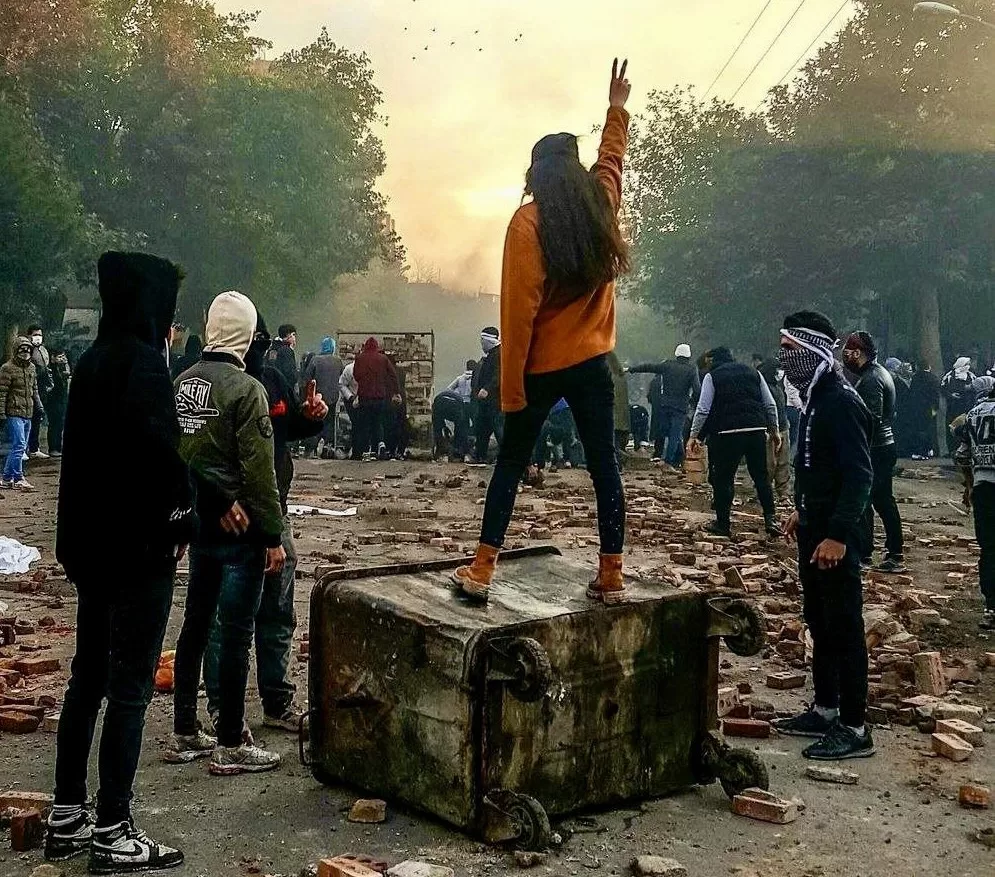I worked in higher education in Bahrain at the College of Arts, University of Bahrain from 2007-2008, and at Bahrain Teachers College, University of Bahrain — founded in 2008 as a key part of the Crown Prince’s “Bahrain 2030 Vision” from 2008-2011 — where I was Academic Head of Continuing Professional Development, and was closely involved in the start-up of the college. The last time I set foot there was 13March 2011, when I bore witness to an attack on a peaceful anti-government protest by armed outsiders, followed by a general melee involving pro- and anti-government supporters, the latter backed up by the riot police. I sent testimony and supporting evidence based on what I witnessed to the Bahrain Independent Commission of Inquiry (BICI).
The University of Bahrain, Bahrain Teachers College, and Bahrain Polytechnic have effectively lost whatever autonomy they once had from the Bahrain Ministry of Education, and are now an extension of the regime. The Bahrain Ministry of Education is deeply complicit in repression. From mid-2010 onwards, I witnessed the toxic effects of institutionalised sectarianism, the suppression of academic freedom and the violation of civil and human rights at the University of Bahrain. These continue to this day.
The University of Bahrain refused to accept my May 2011 resignation, thereby depriving me of a substantial settlement, citing surveillance of my Internet use to invoke contract clauses against “unauthorised political activity” and “promoting sectarianism”. My wife and I are now prohibited from re-entering Bahrain.
In December 2011 the Middle East Studies Association (MESA) presented its Academic Freedom Award to:
…all faculty, students and staff of Bahraini institutions of higher education who, by speaking out, documenting abuses, and engaging in myriad other forms of resistance have struggled against a range of brutal assaults by the Bahraini government upon academic freedom and upon the autonomy and integrity of the country’s educational institutions.
On 20 September 2011 MESA wrote its third letter of 2011 to Dr Majed Al Noaimi, the Bahrain Minister of Education, to express its “serious concern over the ongoing assaults, arrests, and dismissals of individuals connected to academic institutions in Bahrain”
On 27 November 2011 The Chronicle of Higher Education reported “…attacks on academic freedom, including the dismissals of professors and students for participating in political demonstrations last spring”, while on the 16 May it reported that the University of Bahrain was ” requiring students to sign pledges of support for the government of King Hamed ibn Isa Khalifa”.
When these abuses were pointed out to the University of Edinburgh in early 2012, it pulled out of a proposed deal with the Ministry of Education. Rector-elect at the University of Edinburgh Peter McColl e-mailed me on 26 January, saying “I share your concerns” and Edinburgh University Student Association President Matthew McPherson wrote a handwritten letter to me on 27 January stating: “The student body at Edinburgh shares your concerns, and I am glad the University has decided to withdraw the agreement in question”.
Finally, Edinburgh University’s Principal wrote to me on 30 January saying: “Your letter was of interest and I note your personal experience and the important information it contained. I am in a position to confirm that the University of Edinburgh will not proceed with the work in question.”
University internationalisation is fast becoming and important revenue stream for cash-strapped UK universities. More positively, it leads to the internationalization of curricula, and a globalised learning environment for all students. Governments are also keen to use quality higher education institutions as a means of projecting “soft power”. However, to be sustainable, internationalisation has to have an ethical dimension if such relationships are not to be used as PR to legitimise oppressive regimes. The University of Edinburgh withdrawal is important, since now other UK universities contemplating involvement with Bahrain will have to follow Edinburgh’s lead, or explain why they have a different set of ethical standards.
The ball is now in Bahrain’s court. If it wants real higher education reform, the deeper crises of political legitimacy, representation, human rights and equality of opportunity will have to be addressed first. A tree that has been planted in unprepared soil will die.
Mike Diboll is former head of Professional Development at the Bahrain Teacher’s College, with an interest in education and the Middle East. He tweets at @MikeDiboll





